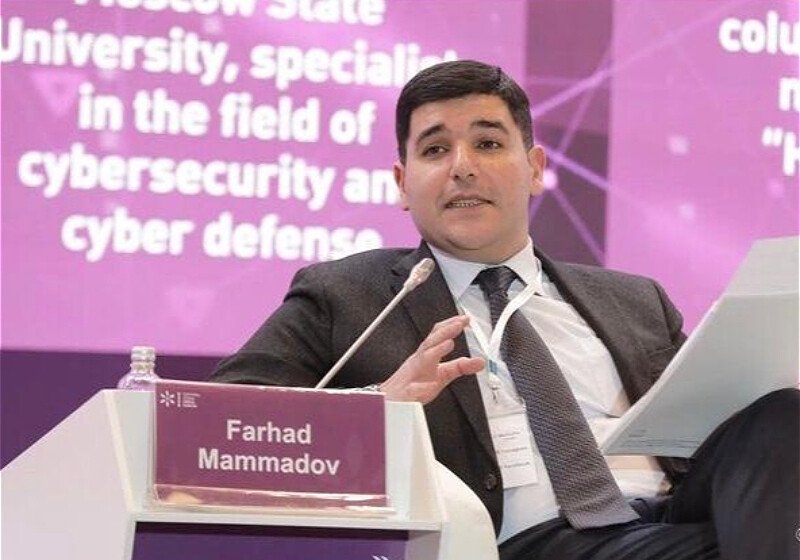By @mneniyefm
By Farhad Mammadov, Head of the South Caucasus Research Center
The survey conducted by the International Republican Institute in Armenia sheds light on the prevailing mood in the country and offers insights into the direction in which Armenia is heading, particularly in terms of its youth’s outlook and political preferences.
Here are some key findings from the survey:
Direction of the country:
49% of Armenians believe the country is heading in the wrong direction, while only 36% think it’s moving in the right direction. This highlights a general dissatisfaction among the public with the current state of affairs.
Political preferences:
Only a small percentage of the population supports the key political figures, with Prime Minister Nikol Pashinyan receiving just 13% support, followed by others such as Araz Mirzoyan (5%), Robert Kocharyan (4%), and others receiving even less. Notably, 61% of respondents don’t trust any of the political figures, and the main reason behind this is the lack of confidence in both the government and opposition.
Voter participation:
A concerning 60% of people, particularly young voters, are either uncertain about who to vote for or are unwilling to participate in the elections due to the lack of trust in the political system. Among this group, 63% of youth either don’t know or don’t want to vote.
Main problems and threats:
The top concerns for Armenians include:
44% focus on security/border issues,
14% on the economy/unemployment,
12% on the economy/prices,
9% on poor governance,
6% on education and healthcare.
Views on peace with Azerbaijan:
47% of Armenians support a peace agreement with Azerbaijan, while 40% do not. Interestingly, the older generation (58%) tends to support peace more than the youth (only 38%). Furthermore, 48% of the youth are opposed to a peace agreement with Azerbaijan.
What Pashinyan should do in the next 6 months:
22% believe he should work on establishing peace,
17% emphasize ensuring border security,
14% suggest developing the army,
12% advocate for changes in foreign policy,
11% want economic development,
8% think Pashinyan should resign.
The majority of these concerns, especially around peace negotiations with Azerbaijan, show that the Armenian public, particularly the youth, is apprehensive about the direction of the peace process under Pashinyan’s leadership.
The findings suggest a critical signal for the Armenian government to continue engaging with the public, especially the younger generation, on the peace process. They may need to focus on offering guarantees and building trust, particularly regarding territorial claims over Azerbaijan. For Azerbaijan, this survey serves as valuable data for strengthening its position regarding a future referendum on constitutional changes in Armenia. As Azerbaijani President Ilham Aliyev mentioned, such guarantees would provide “iron-clad” assurances that Armenia will not make future territorial claims.
In short, the youth’s passive yet significant opposition to the current peace agenda is a crucial factor for Armenia’s government to consider as they navigate the future of their relationship with Azerbaijan and the broader regional stability.


